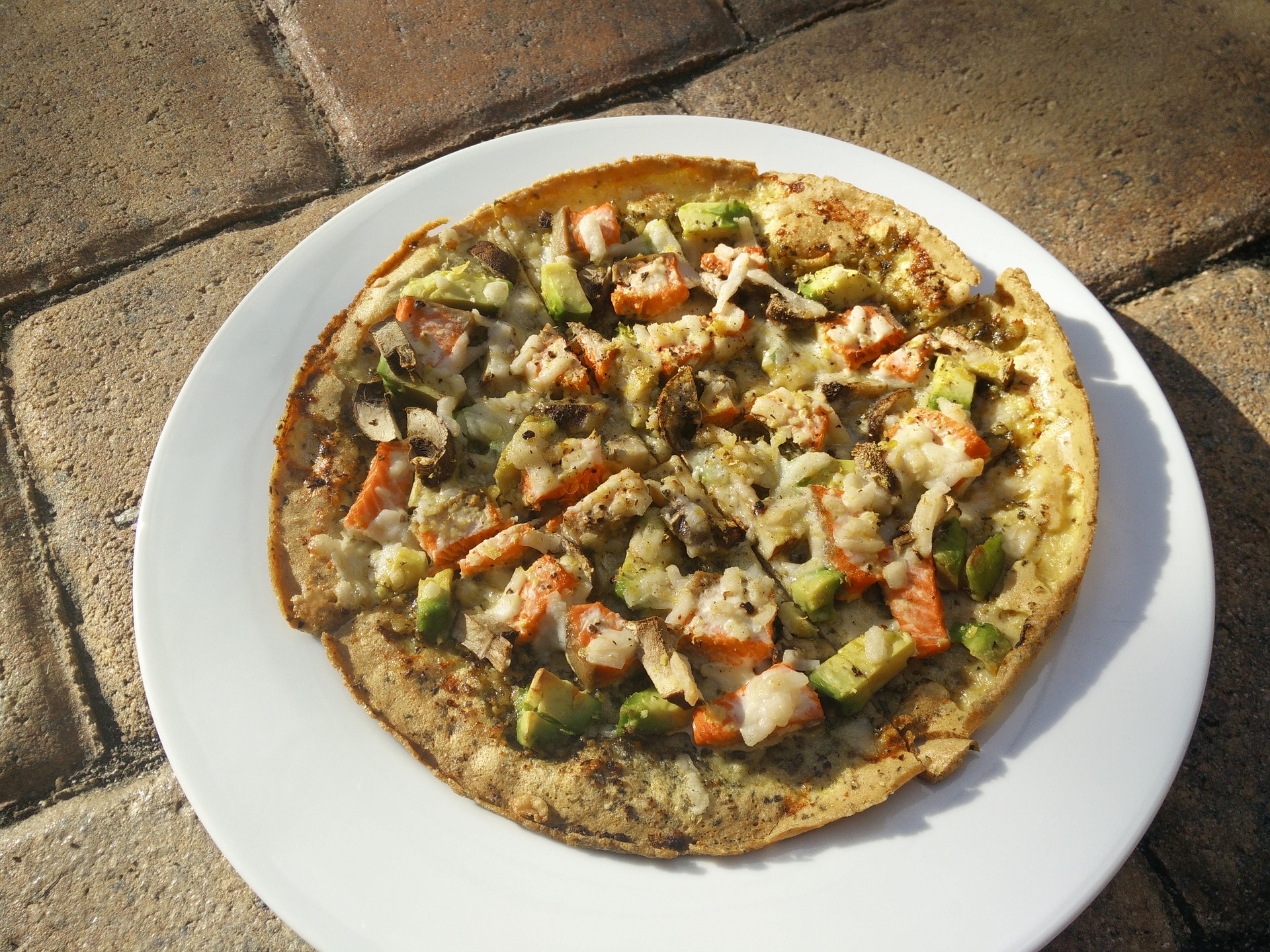While some of the modern nutritionists and dietitians are spending their time creating new diets, there are also such specialists, who believe the best diet has already been invented by the nature itself. They are referring to a popular paleo diet recommending it not only to those people who would like to get rid of excessive weight but also to those who just want to maintain a healthy condition of their bodies. Unlike many other diets, paleo is not especially restrictive which makes it highly attractive.
If you have been also considering introducing some changes into your daily diet, you might be interested to learn more details about paleo which have been presented in this article.
The idea of the paleo diet
As the name of the diet suggests, it is connected to the lifestyle of our distant predecessors, to be precise, the people living in the Paleolithic age which started approximately 2,5 million years ago and finished nearly 10 thousand years before the beginning of common era. According to the majority of scientists, the body of a human stopped its evolution exactly at that time.
What was so special about the diet of our ancestors? Obviously, it was free from various artificial chemical compounds added to our food today as well as from refined and extracted products such as sugar or oils. Undeniably, everyone who wants to lead a healthy lifestyle should keep in mind the harm of such modern products.
Still, this is not the end of paleo. The diet also restricts eating other types of products which, albeit being natural and having their own health benefits, wasn’t known to people during the Paleolithic age. Judging by the opinions of the paleo promoters, such food as grains, legumes as well as milk and any types of meal containing milk, raw or fermented.
In other words, using a paleo diet nutritional plan, you are allowed to eat everything which was popular among hunter-gatherers including meat, fish, nuts, vegetables, fruits and herbs.
What are the health benefits of the paleo diet?
No matter what your food preferences are, there is definitely some sense in the paleo diet. Refraining from eating products full of chemicals including colorants, artificial flavours, texture and colour stabilisers as well as antibiotics which are typical companions of any meat coming from non-organic farms will undeniably help you to decrease various types of inflammation in your body causing some of the auto-immune diseases. Furthermore, resigning from eating sugar and sugary products as well as grains which are full of starch will help you to balance the level of sugar in your blood. Beyond a shadow of a doubt, this is good not only for diabetes prevention but also for getting rid of extra kilograms.
Beyond a shadow of a doubt, one of the greatest advantages of using this diet, especially if you would like to try it for a limited time with a view to balancing your weight, is the fact the diet doesn’t have any calorie restrictions. As you can see, although a range of products is not allowed on the paleo diet, you can still eat as much as you need.
Is the paleo diet suitable for everyone?
It is rather difficult to find a diet which will be perfect exactly for everyone. Although the paleo diet seems to have many points from a generally healthy way of eating, it still has some limits on a range of products.
For instance, dairy products are the major source of calcium in the diet of many modern people. If you decide to lead the paleo diet, you will have to think about other products rich in calcium, however, there are not too many of them. One of the products richest in calcium apart from milk, cheese and cottage cheese is sesame, however, it also contains large amounts of fat. Remember, calcium deficiency can lead to bone and teeth remineralisation making them rather weak.
Another issue concerning the paleo diet is its health for the cardio-vascular system of your body. On the one hand, resigning from eating dairy products is supposed to be good for stabilisation of cholesterol in your blood vessels. Yet, many modern experts are sure the major culprit for the cardio-vascular diseases are trans-fats or, in other words, hydrogenated plant oils used for production of margarine as well as for frying and baking a wide range of food. Even if none of the types of fat is unhealthy for your blood vessels, you should still be aware of the fact the balance of many chemicals including cholesterol is also achieved by the work of the gut microorganisms which can be harmed by limiting the intake of grains since they are particularly rich in fibre.
It is also recommended to withhold from using the paleo diet if you have ever had any problems with kidneys and especially, kidney stones. Actually, paleo is quite rich in meat products which is can cause various kidney problems.

